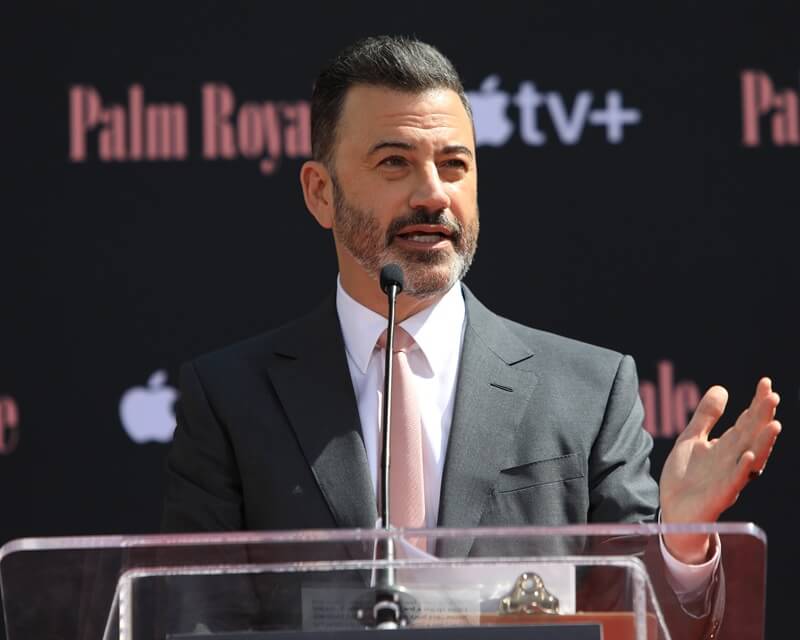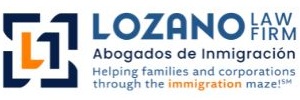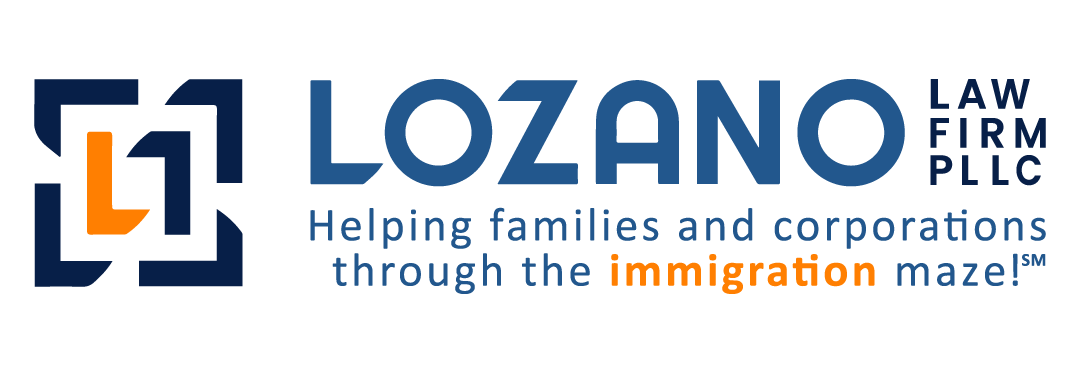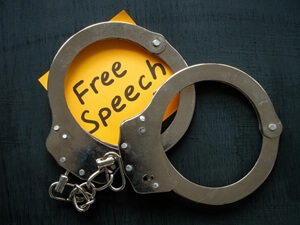When The Mic Goes Quiet: Why Jimmy Kimmel’s Suspension Should Alarm Every Democrat & Republican Alike.
As a lawyer, I’m trained to look past the headline and ask a simple question: What are the institutional signals?
This week, ABC indefinitely pulled Jimmy Kimmel Live! after his monologue about the killing of Charlie Kirk, amid pressure from the FCC and affiliate threats. If that sounds like “just a TV decision,” history suggests otherwise. Democracies rarely fall in a single dramatic moment. They erode one “exception,” one suspension, one chilled editorial meeting at a time.
What Kimmel’s Cancellation Signals For Free Speech & Media Freedom
You don’t have to like Kimmel (or late-night comedy) to see the stakes. When regulators hint at consequences and powerful affiliates threaten blackouts, corporate leaders, risk-averse by design, will choose the “safe” path: suspend the host, edit the segment, cancel the show. That’s not a jackboot at the door; it’s something more pervasive: a chill.
Executives tell themselves it’s “temporary.” Producers avoid topics. Writers sand down jokes. Audiences slowly forget what robust dissent looked like.
In political science terms, this is informal control, outsourcing censorship to market actors who respond to political signals. It’s how freedom narrows without formal bans.

The Authoritarian Playbook: Courts, Term Limits & Media
Venezuela didn’t wake up one morning authoritarian. Hugo Chávez started by reshaping institutions: a 2004 law expanded and politicized the Supreme Court, weakening judicial independence. In 2009, a referendum abolished term limits, removing a critical brake on executive power.
Nicolás Maduro then accelerated the process: in 2017 the loyalist court usurped the opposition-led legislature’s powers and a hand-picked Constituent Assembly replaced it. What followed was a systematic crackdown on civil society and dissent, documented by the UN and human-rights groups.
People still went to work. Shops still opened. Soccer still aired. But step by step, the space to speak, organize, and vote meaningfully shrank.
Why Societies Don’t Notice Democratic Erosion Until It’s Too Late
“But it’s just one show…”
That’s what many Venezuelans said as changes began to pile up. Each individual action looked explainable: a court reform here, a media rule there, a one-time postponement “for stability,” a targeted arrest of a “troublemaker.” No single act felt like the end of democracy. Together, they rewired the system.
By the time a majority recognized the pattern, the levers to reverse it; independent courts, competitive media, credible elections, had already been weakened.
Recent U.S. signals should concern us:
A federal regulator publicly leaning on a broadcaster over political speech.
Affiliate groups refusing carriage unless a comedian apologizes and pays effectively setting political terms for speech.
A broader pattern in which media cancellations conveniently follow controversial political criticism (see the debate around Colbert’s upcoming end date), even if networks insist on financial motives.
None of this means the U.S. “is Venezuela.” It means the mechanisms of soft pressure, regulatory nudges, business leverage, and partisan outrage, can normalize content-based punishment. And once normalized, it rarely stops at one target.
Authoritarian turns are felt last by the average citizen. Schools open, gas is sold, sports are on. But:
Journalists self-censor to keep shows on air.
Nonprofits face new registration and funding rules that sap capacity.
Opposition figures’ families start getting harassed (first “isolated,” then routine).
Elections “happen,” but with tilted rules, opaque counts, and disqualified rivals.
By the time people who aren’t activists feel it directly, it’s structurally hard to undo.
How Democracies Push Back: Courts, Civil Society, & Corporate Courage
A democratic response looks like this:
Cross-partisan defense of speech: You can loathe a joke and still reject state-pressured suspensions.
Insist on bright-line independence between regulators and editorial decisions.
Boardroom courage: Corporate leaders must value long-term institutional legitimacy over short-term risk avoidance.
Civic vigilance: Support independent media; back legal groups that defend the First Amendment; reward outlets that resist pressure.
The lesson from Venezuela isn’t fatalism, it’s timing. If you wait until the danger feels undeniable, it’s usually too late. The time to push back is when the first “exceptions” are framed as no big deal, like a single show going dark.
Democracy isn’t lost in a blackout, it’s dimmed, one bulb at a time. Our job is to flip the switches back on.

 Thank you for contacting us. Please complete this form and one of our team members will be in touch with you soon.
Thank you for contacting us. Please complete this form and one of our team members will be in touch with you soon.